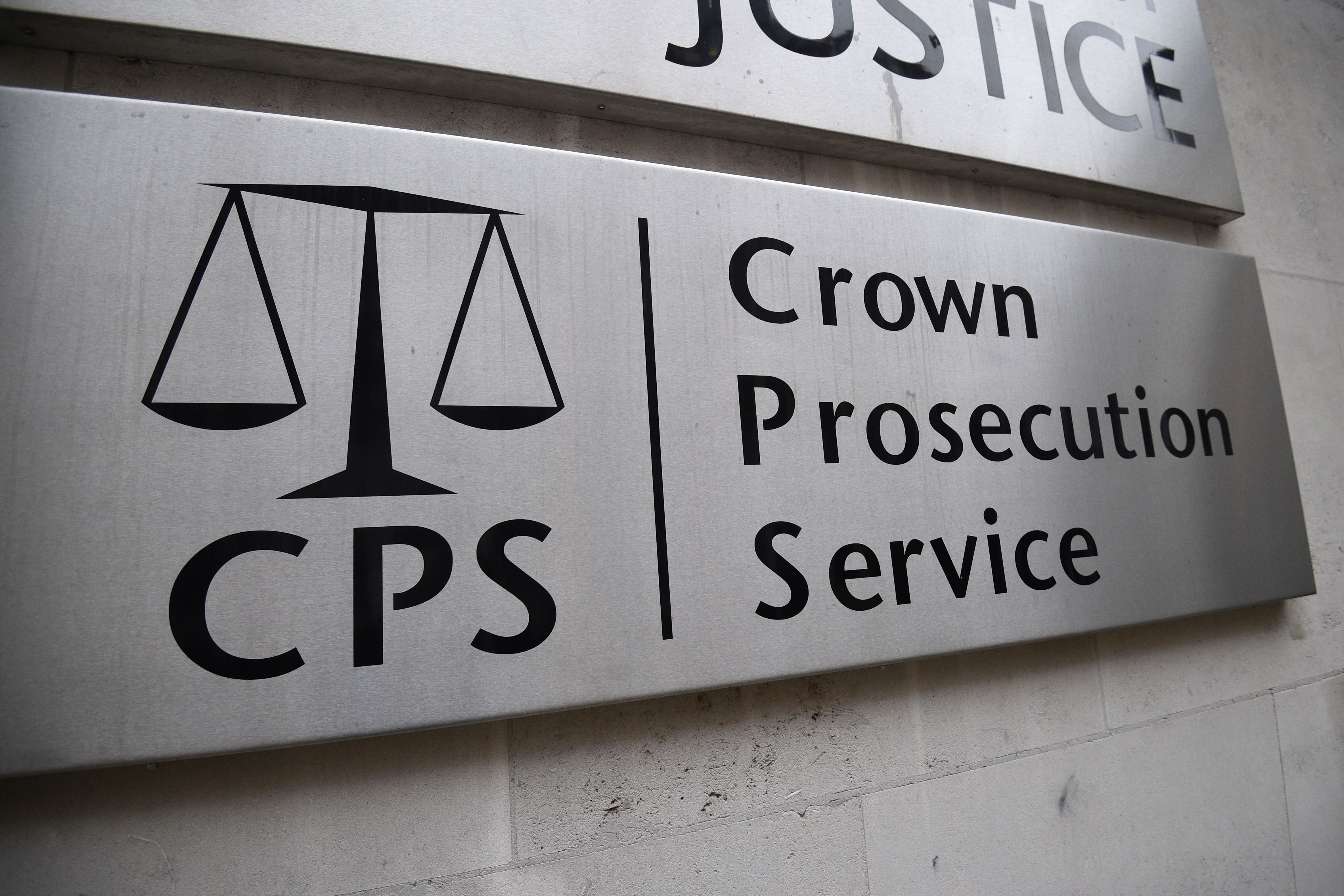Convictions under ‘racist’ gang law to be monitored by CPS for first time
Nearly 60 per cent of young men serving 15 years or more in prison for joint enterprise convictions are Black, Asian or from minority ethnic backgrounds

The Crown Prosecution Service (CPS) will monitor data on the race of those prosecuted under the joint enterprise laws for the first time following a legal challenge.
The “racist” law, which has led to people being convicted of murder or manslaughter even if they did not play a decisive role, has been used to prosecute people of colour, in particular Black boys and young men, in so-called gang-related cases.
In the UK, it’s not uncommon for whole groups to be convicted for a crime committed by one person on the back of allegations that they are in a gang.
However, despite research suggesting for over a decade that such laws were used disproportionately against people of colour, the CPS does not record race data, which conceals the full nature and extent of the problem.
That will now change, following intervention from the Joint Enterprise Not Guilty by Association (JENGbA), represented by human rights charity Liberty. The CPS will also record the age, sex and disability of those prosecuted under the law.
“Today’s win is just the first win in a huge battle to create a justice system that we can all trust,” the co-founders of JENGbA, Gloria Morrison and Jan Cunliffe, said.
“Joint enterprise prosecutions are racist, deliberately targeting marginalised communities by collectively punishing them.
“Unfortunately, many people are still unaware that this doctrine is used to criminalise groups of often vulnerable young people of colour (...).
“The government’s ‘tough on crime’ rhetoric has been harnessed to give life sentences to innocent secondary parties - it is a stain on our justice system and one that debunks any notion of the best justice system in the world.”
Of all the young men serving 15 years or more for joint enterprise convictions, nearly 60 per cent are Black, Asian or from minority ethnic backgrounds and nearly 40 per cent are Black, research shows.
The CPS has also agreed to monitor when joint enterprise prosecutions have been presented as gang-related cases, and whether its own guidance on such cases has been followed. Its findings will be published after six months.
In 2016, the Supreme Court reviewed the joint enterprise law and found that the justice system had “taken a wrong turn”, with the law being misinterpreted for years. However, this did not steer the law back on course or rectify any of the convictions it created.
Now, JENGbA and Liberty are calling for joint enterprise to be scrapped altogether, saying it sweeps young men into the criminal justice system.
Lana Adamou, a lawyer at Liberty, said: “We all want our communities to be safe, and for our laws to treat us equally.
“This is not the end of the battle, but being able to see plainly the extent of any discrimination in who is targeted under the joint enterprise doctrine is a crucial step forward in ending its use.”
The CPS has been approached for comment.
Join our commenting forum
Join thought-provoking conversations, follow other Independent readers and see their replies
Comments


Bookmark popover
Removed from bookmarks